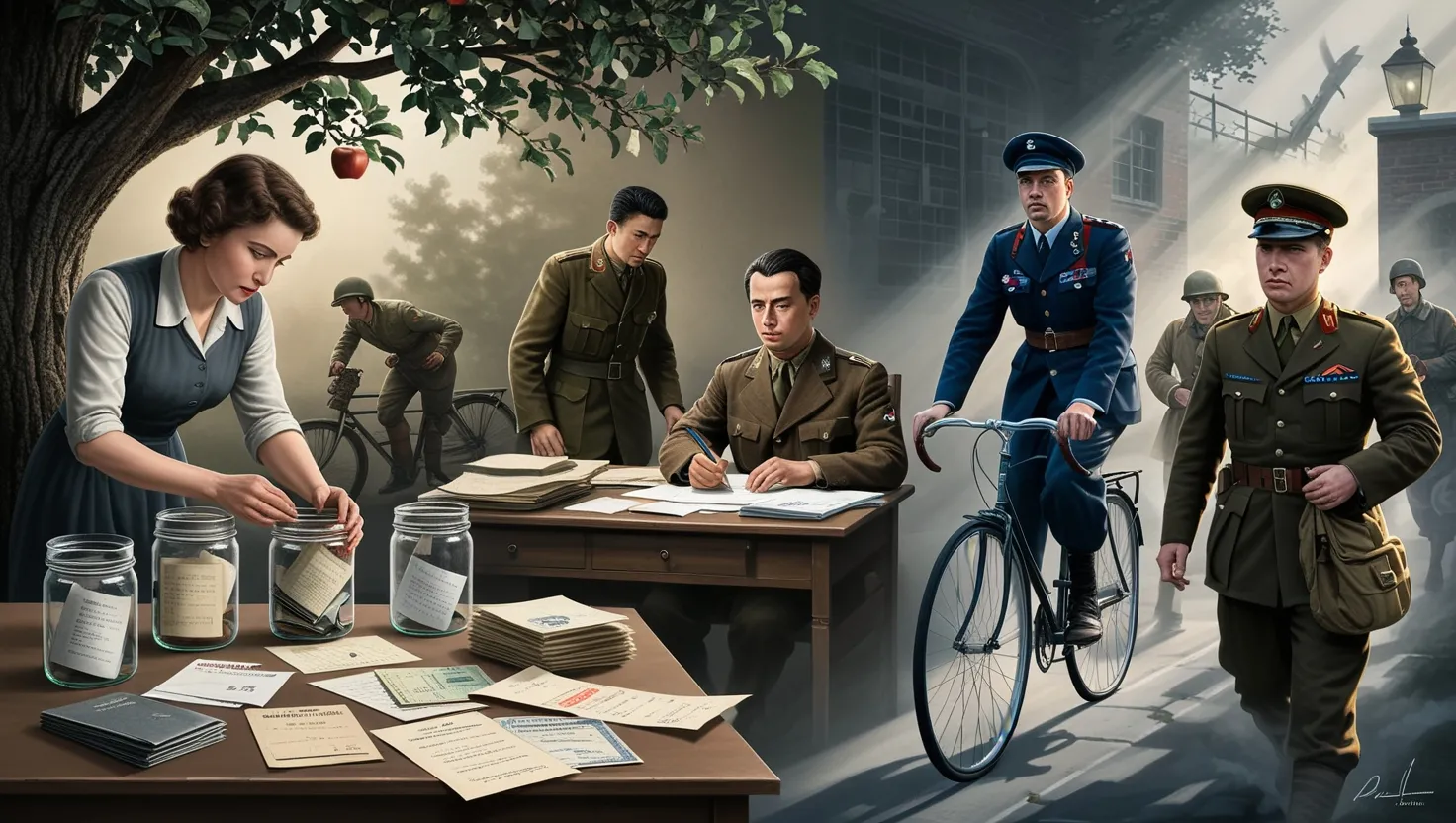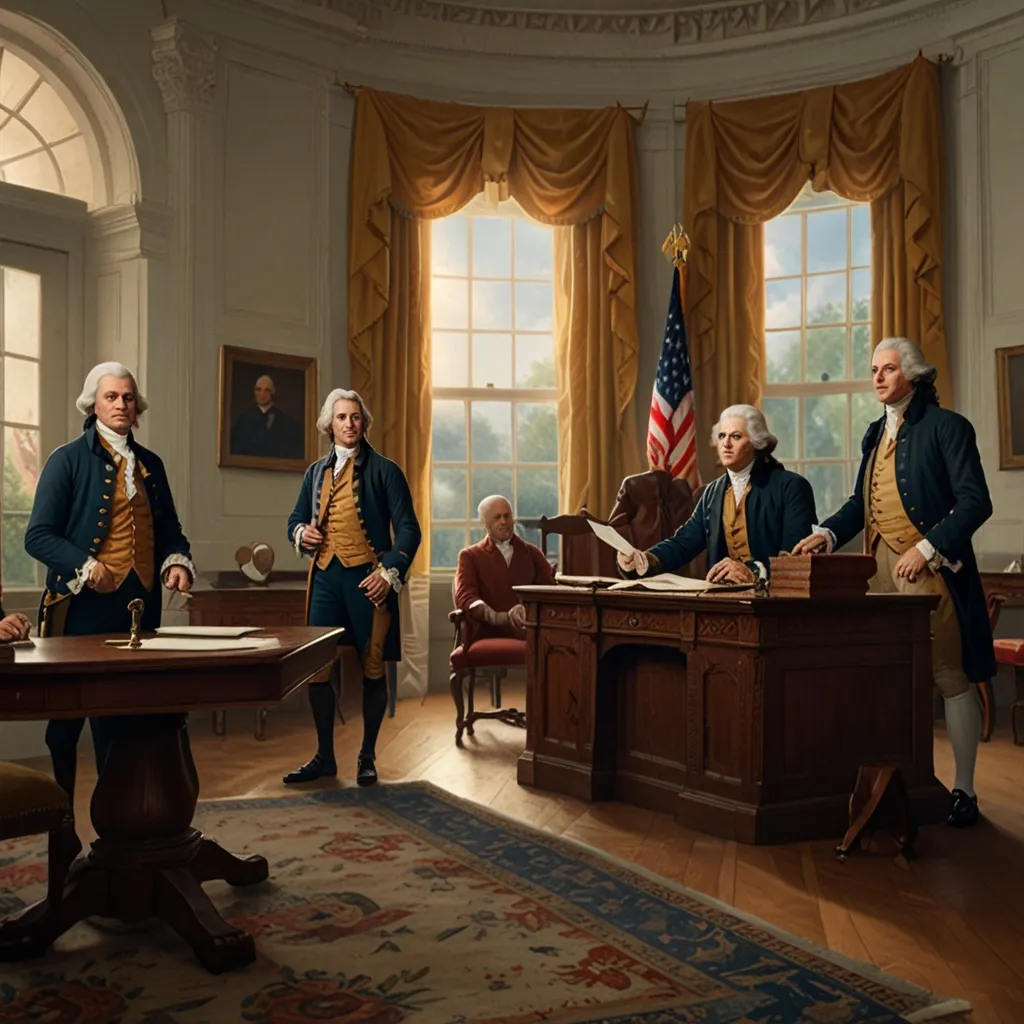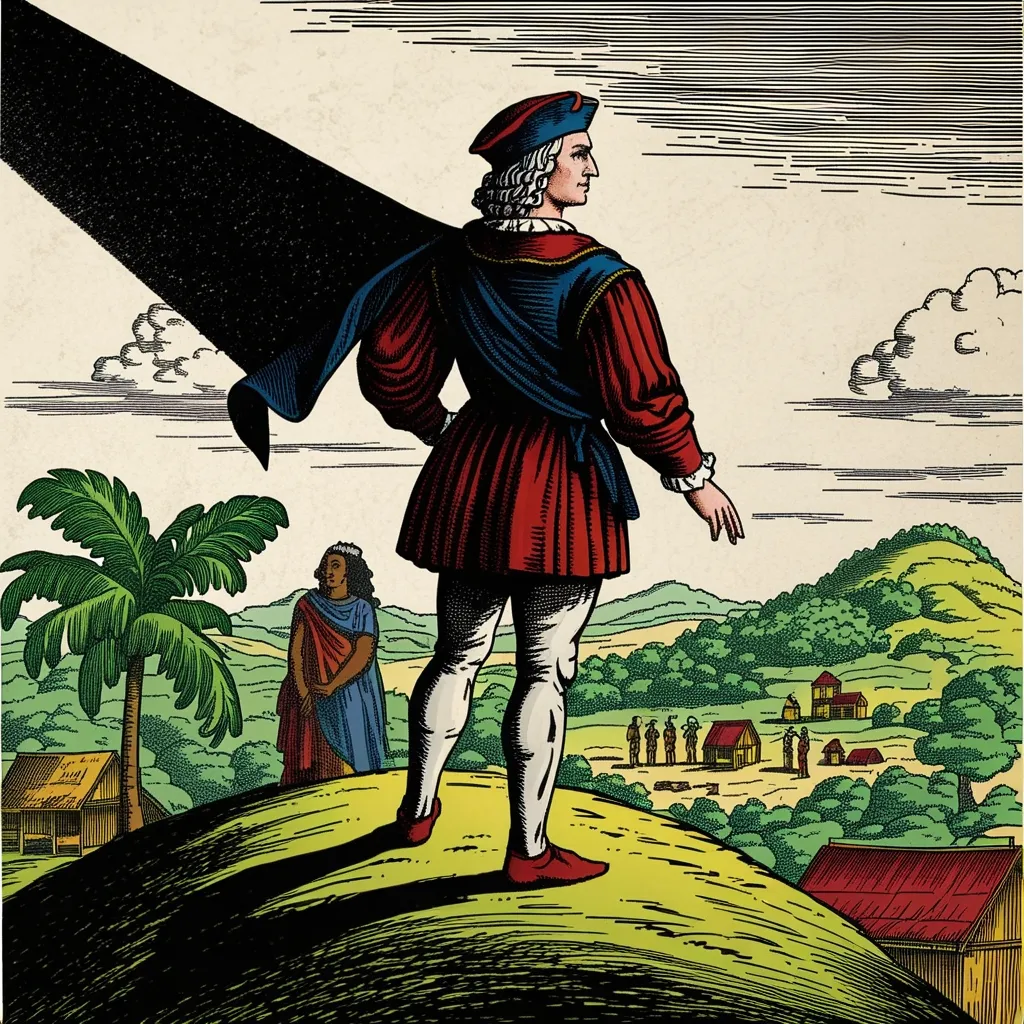History often remembers only a handful of names when recounting the story of World War II. Most stories focus on generals, politicians, or dramatic battles, leaving behind a quieter layer of heroes whose acts resonate just as strongly today. I’ve always found that the most powerful lessons come not from the obvious victors, but from those whose contributions happened far from the limelight. When I pause to ask myself, “Who truly shaped the war’s outcome—and our moral imagination?” the answer lies with individuals many haven’t heard of. Let me share with you the stories of five such figures, whose choices turned history on its axis.
“Never doubt that a small group of thoughtful, committed citizens can change the world. Indeed, it is the only thing that ever has.” — Margaret Mead
Irena Sendler was a young Polish social worker who refused to be paralyzed by fear as she watched the Warsaw Ghetto swell with doomed lives. While the world focused on armed resistance, Sendler’s power came from her methodical care—the creation of false documents, arranging secret exits, and matching children with Polish families who knew what it meant to risk everything. She made ordinary apartments into sanctuaries and buried lists of children’s real names in glass jars under an apple tree. The Gestapo eventually caught her. Torture followed, but her lips stayed sealed. When was the last time you stood for someone with no hope of reward? Sendler’s jar became more than a record—it was a seed, preserving roots for a postwar forest of reunions. Today, her work influences human rights advocates worldwide.
Chiune Sugihara, serving as a Japanese diplomat in Lithuania, faced a dilemma that many bureaucrats fear: follow orders or follow conscience. In his cramped consulate, Sugihara handwrote thousands of exit visas for Jewish refugees desperate to escape Europe’s tightening vise. His own government demanded compliance; he chose humanity. Until the doors of his consulate literally closed, he kept writing. If you’ve ever wondered whether a single day’s work on paper could save lives, Sugihara’s story answers it memorably. Almost 6,000 men, women, and children made their way to freedom, a testament to one man using the tools of bureaucracy for good. His legacy still prompts discussions about ethical immigration decisions.
“If you are neutral in situations of injustice, you have chosen the side of the oppressor.” — Desmond Tutu
Nancy Wake is perhaps the most underrated example of how war brings out leadership in unexpected forms. Known as “The White Mouse,” Wake slipped through German roadblocks and subverted entire networks meant to catch her. She masterminded sabotage, plotted prisoner releases, and cycled alone across occupied France to replace vital code sheets—all while keeping a sense of humor about eluding countless pursuers. Wake helped change perceptions about women in intelligence roles. She proves that courage does not come with gender, and her agency’s success forced the world to reconsider who could be entrusted with secrets and strategies. I ask myself, how would I have fared, trusting instinct in a world where every friendly face could be a trap?
Witold Pilecki’s story reads almost like a deliberate riddle posed to future generations: What would you risk to gather proof of evil? This Polish soldier volunteered to enter Auschwitz to find out what was happening at ground zero of the Holocaust. He covertly sent out reports, nurturing hopes that the information would spark action. For almost three years, he watched, documented, and endured, his smuggled notes eventually serving as some of the earliest direct accounts of Nazi atrocities. The Allies hesitated at first, unsure whether to trust a witness so close to destruction. How many lives hung in the balance while bureaucratic skepticism ruled? Pilecki’s experience shaped modern policies on documenting war crimes—proof that firsthand testimony matters in erasing doubt.
“Those who cannot remember the past are condemned to repeat it.” — George Santayana
Frank Foley’s actions in Berlin blended quiet diplomacy and raw nerve. Officially, he was a passport control officer—hardly a title that conjures visions of heroism. Yet Foley understood that his ink stamps could mean life or death for Jews trying to flee Hitler’s tightening grip. Without any diplomatic immunity, he issued visas and sometimes physically sheltered desperate families in his own apartment. Foley even faced SS officers to plead for clemency on behalf of strangers. His efforts went largely unrecognized during his lifetime. But today, I see how personal initiative can make all the difference when official policy fails—the lesson resonates in current global debates about refugees and the moral weight on individuals working inside flawed systems.
Are you surprised by how often true change comes from ordinary people making extraordinary decisions? I always ask myself, why do some rise to the challenge while others fall silent? Each story here springs from individuals who saw suffering and refused passivity. Most had no expectation of reward or fame; they simply did what conscience demanded.
Beyond these five, history is crowded with others whose names rarely grace textbooks. Consider Eileen Nearne, a British spy who endured torture and silence for decades after the war, or Alexey Maresyev, a Soviet pilot who returned to combat after losing both legs. There’s Georg Duckwitz, the German diplomat who leaked the planned roundup of Danish Jews, helping to save almost everyone in the community. These stories force us to reconsider what exactly heroism means—does it reside in battlefield exploits or in small choices that multiply in consequence?
“We can do no great things; only small things with great love.” — Mother Teresa
Why do so many of us wait for permission to act, as if courage means having power or public backing? The reality is that these heroes acted in obscurity, often defying hostile institutions or cultural norms. Their choices remind me that moral leadership does not require authority—just resolve.
I often reflect on what lessons these figures offer for my generation. The world remains fraught with injustice, and the temptation to pass responsibility to the next leader or the next law is strong. But history teaches that systems alone do not save lives. Individuals do. Many times, it’s the person with the pen, the bicycle, the forged document, or the quiet determination who changes destinies.
So, what can you do in your own circumstances? Maybe not all of us are called to grand gestures, but every day offers moments where silent resistance or unexpected kindness can tip the scales. If Sendler could risk her life every day for children she never met, if Sugihara could write by hand until his arm nearly fell off, could we, in our smaller corners, refuse the easy route just once?
World War II’s lesser-known figures also teach us about the cost of skepticism and delay. Pilecki’s intelligence was ignored before its implications were finally accepted. Foley issued visas even when other officials hid behind red tape. The message is clear—wait too long for certainty, and we risk becoming complicit in silence.
“Courage is not the absence of fear, but rather the assessment that something else is more important than fear.” — Franklin D. Roosevelt
Looking forward, I see these heroes as a challenge, not as distant icons. Their stories aren’t about celebrating perfect lives or creating myths, but about the practical application of conscience when darkness spreads. Today, technology or bureaucracy often threatens to separate us from direct responsibility. Yet their actions remind us that every position—however ordinary—carries the potential for extraordinary impact.
As you reflect on these stories, ask yourself: If you had lived through World War II, which role would you have taken? Would you help hide a child, forge a document, enable a stranger’s escape, cycle into danger for the sake of encrypted communication, or break rules for a higher purpose? Our world is shaped as much by this anonymous courage as it is by treaties and battles.
Heroes like Sendler, Sugihara, Wake, Pilecki, and Foley stand as silent reminders that history turns not just on speeches and battles, but on people who quietly refuse to let evil pass unopposed. Their examples challenge us to see heroism where it happens—often out of sight, impossible to anticipate, but irreplaceable all the same.






